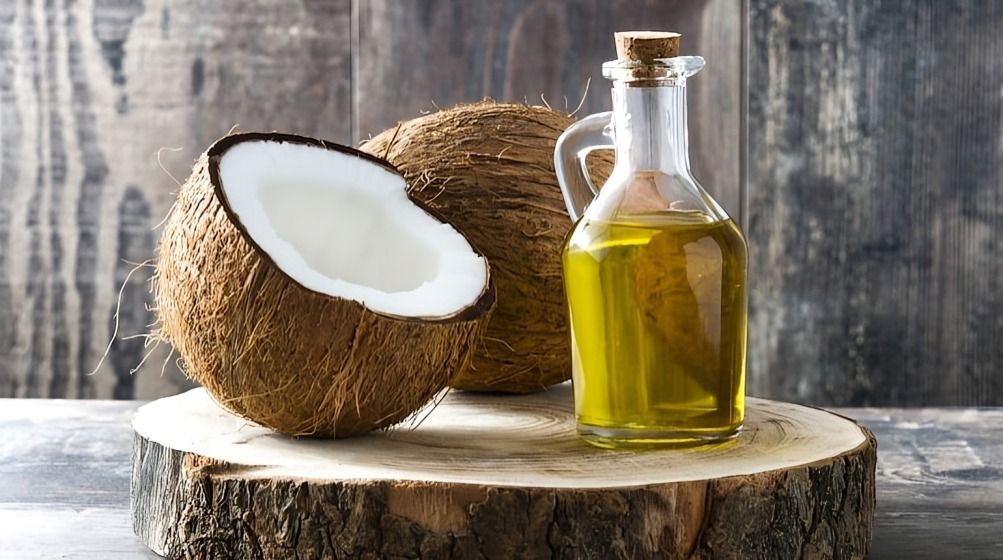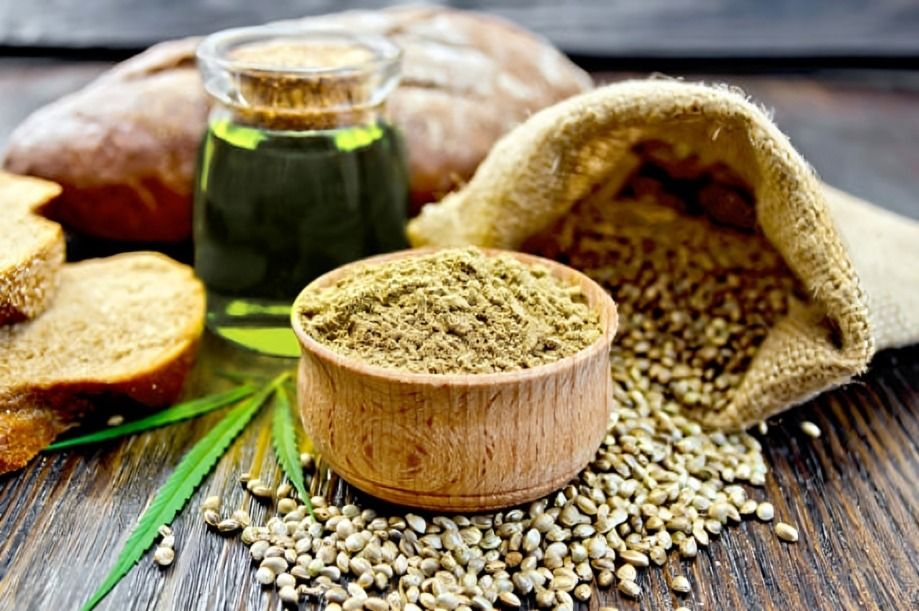
“
Plant oils, derived from various plants' seeds, fruits, and nuts, have been prized for centuries for their myriad uses and health benefits. From enhancing culinary delights to nourishing skin and promoting wellness, these natural oils play a vital role in our daily lives. Join us as we explore 20 interesting facts about plant oils, uncovering their diverse applications, nutritional profiles, and cultural significance. 1
1
1
1
”
Many plant oils contain essential fatty acids, vitamins, and antioxidants. These components make them highly beneficial for overall health. Whether consumed or applied topically, plant oils offer numerous health advantages. 1
Plant oils like olive oil, coconut oil, and avocado oil are commonly used in cooking. Their unique flavors enhance dishes, and they offer numerous health benefits. These oils are favored for both their taste and nutritional value in culinary applications. 2

Plant oils are versatile natural substances derived from various plants' seeds, fruits, and nuts. They are prized for their diverse cooking, skincare, and health applications due to their rich nutritional profiles and beneficial properties.
Oil palms are the most efficient oil-producing crop per acre. Additionally, oils like cottonseed oil and corn oil are derived as by-products from other industries. 3
Lavender and peppermint oil are widely used in aromatherapy for their therapeutic effects on mood and well-being. These oils can help improve relaxation, reduce stress, and support mental health. 4
Vegetable oils, being plant-based, are naturally free of cholesterol and low in saturated fats. However, it’s important to note that most vegetable oils are rich in omega-6 fatty acids (specifically linoleic acid). 5
Plant oils can be more environmentally friendly than fossil fuels, as they are renewable and emit less greenhouse gases. Their use supports sustainable practices and reduces the carbon footprint associated with energy production. 6

Coconut and argan oil benefit hair health, providing nourishment, shine, and strength. They are used in haircare products to improve texture and manageability, making them popular choices for maintaining healthy hair.
Plant oil extraction methods vary, including cold-pressing, solvent extraction, and steam distillation, affecting their purity and properties. Different methods can impact the quality and effectiveness of the oils, influencing their suitability for various uses. 7
Plant oils are sensitive to light, heat, and air, requiring proper storage to maintain their freshness and nutritional value. 8

Around 34 lemons are needed to produce a 10 ml bottle of lemon essential oil, with each lemon yielding approximately five drops of oil. This concentration highlights the potency and purity of essential oils derived from natural sources.
Flaxseed and chia seed oil are rich sources of omega-3 fatty acids, important for heart health and inflammation reduction. Incorporating these oils into the diet can support cardiovascular health and reduce inflammation. 9
Plant oils like olive and grapeseed oil contain antioxidants such as polyphenols, protecting cells from oxidative stress and aging. These antioxidants contribute to overall health by neutralizing free radicals and supporting cellular integrity. 10
Sustainable sourcing practices for plant oils, such as fair trade and organic farming, promote environmental conservation and social responsibility. These practices help ensure that plant oils are produced in an ethical and environmentally friendly manner. 11
Truffle and walnut oil are famous for their unique flavours and used in gourmet cuisine to enhance dishes like salads and pasta. Their distinct tastes add depth to culinary creations, making them sought-after ingredients in fine dining. 12

Hemp seed oil and evening primrose oil contain essential fatty acids like omega-6 and gamma-linolenic acid (GLA), which are beneficial for skin health. These fatty acids support skin hydration and reduce inflammation.
Essential oils such as rosemary and oregano oil have natural antimicrobial properties, extending the shelf life of food products. These oils help preserve food and maintain its quality by inhibiting the growth of harmful microorganisms. 13
Plant oils like eucalyptus and chamomile oil are used in herbal remedies for their anti-inflammatory, antiseptic, and calming effects. They are valued for their therapeutic properties and are commonly used in traditional and alternative medicine.14
The quality and purity of plant oils for culinary, cosmetic, and medicinal use are regulated by national and international standards to ensure consumer safety. These regulations help maintain high standards and protect consumers from adulteration. 15
Ongoing research explores new uses for plant oils in biodegradable plastics, pharmaceuticals, and sustainable biofuels, driving innovation in renewable resources. 16


